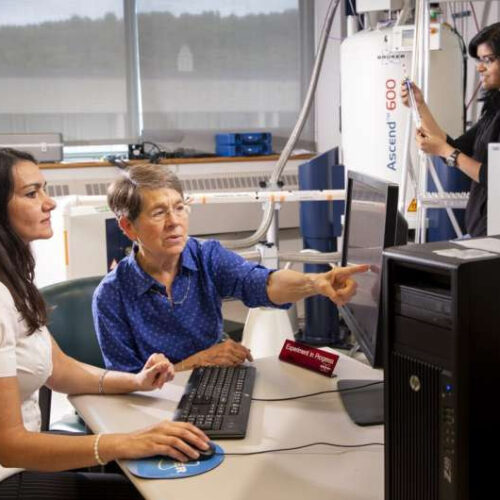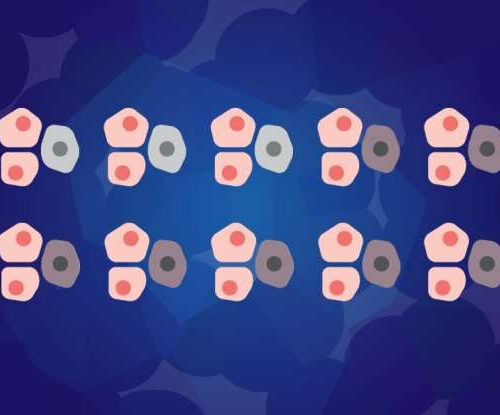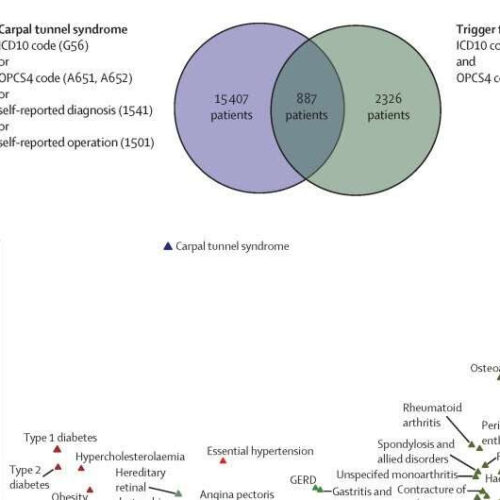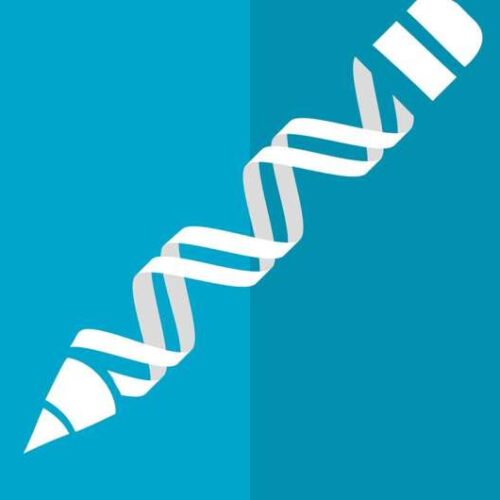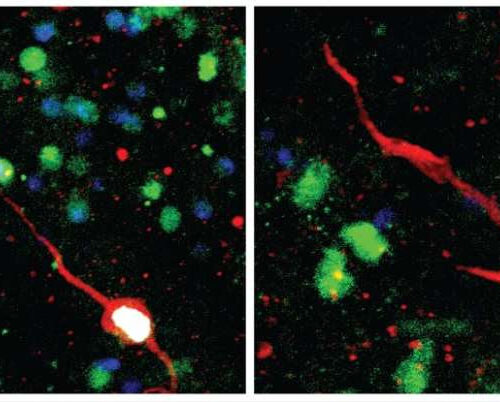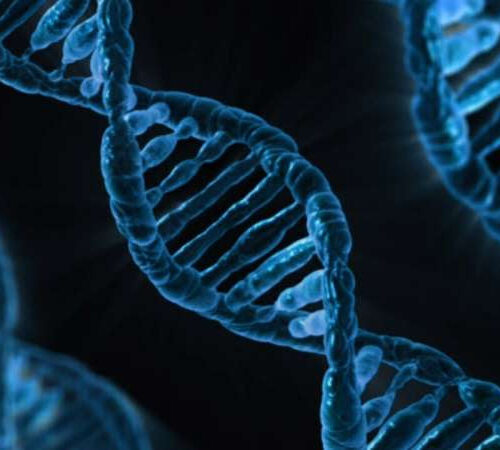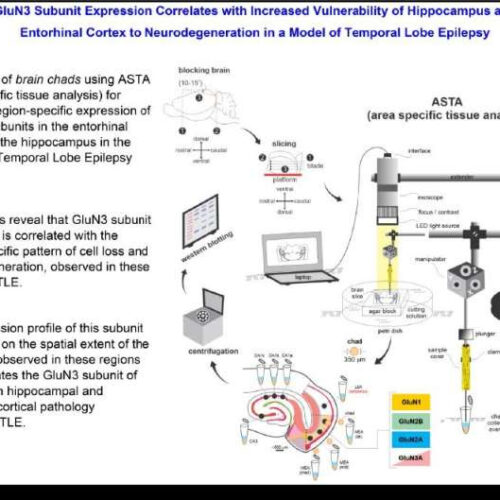by Daegan Miller, University of Massachusetts Amherst Lila Gierasch (center), professor of biochemistry and molecular biology at UMass Amherst. Credit: UMass Amherst In a major new development in the quest to develop better gene therapies with which to treat a host of diseases, researchers at the University of Massachusetts Amherst and UMass Chan Medical School recently...
Category: <span>Genetics</span>
CRISPR therapeutics can damage the genome
by Tel Aviv University Credit: Pixabay/CC0 Public Domain Researchers at Tel Aviv University warn that CRISPR therapeutics can damage the genome. They caution: “The CRISPR genome editing method is very effective, but not always safe. Sometimes cleaved chromosomes do not recover and genomic stability is compromised—which in the long run might promote cancer.” A new study...
Engineers develop new tool that will allow for more personalized cell therapies
A University of Minnesota Twin Cities team has developed a new tool to predict and customize the rate of a specific kind of DNA editing called “site-specific recombination.” The research, recently published in Nature Communications, paves the way for more personalized, efficient genetic and cell therapies for diseases such as diabetes and cancer. The process...
Scientists identify a key gene that is turned on in most cancer types
by Alex Viveros, Broad Institute of MIT and Harvard Credit: Susanna Hamilton, Broad Communications Physician-scientists at the Broad Institute of MIT and Harvard and Dana-Farber Cancer Institute have discovered that a gene called FOXR2 that is normally turned off in most tissues in the body is activated in at least 70% of cancer types and...
Gene variant links trigger finger and carpal tunnel syndrome
by University of Oxford Association between trigger finger and carpal tunnel syndrome. Data from UK Biobank. (A) Overlap between trigger finger and carpal tunnel syndrome in UK Biobank, annotated with the International Classification of Diseases (ICD)-10 codes and Office of Population Censuses and Surveys Classification of Surgical Operations and Procedures (OPCS) codes that were used...
Novel gene therapy could reduce bleeding risk for hemophilia patients
by University College London Credit: Pixabay/CC0 Public Domain A single gene therapy injection could dramatically reduce the bleeding risk faced by people with hemophilia B, finds a study involving UCL researchers. For the paper, published in the New England Journal of Medicine, experts from UCL, Royal Free Hospital and biotechnology company Freeline Therapeutics trialed and continue...
Discovery of molecular signatures of immature neurons in human brain provides new insights into brain plasticity
by Perelman School of Medicine at the University of Pennsylvania Two examples of newly born immature dentate granule neurons in the adult human hippocampal surgical samples in culture, labeled by overlapping marker signals of immature neurons (red), dentate granule neurons (green), cell nuclei (blue), and newborn cells tagged by synthetic nucleoside analogues (white). Credit: Perelman School...
‘Junk’ DNA could lead to cancer by stopping copying of DNA
by Institute of Cancer Research Credit: Pixabay/CC0 Public Domain Scientists have found that non-coding “junk” DNA, far from being harmless and inert, could potentially contribute to the development of cancer. Their study has shown how non-coding DNA can get in the way of the replication and repair of our genome, potentially allowing mutations to accumulate. It has...
Link between specific brain protein and vulnerability to temporal lobe epilepsy neurodegeneration discovered
by Audrey Post, Florida State University Graphical abstract. Credit: Journal of Neurophysiology (2022). DOI: 10.1152/jn.00070.2022 A team of Florida State University College of Medicine researchers has found a link between a specific protein in the brain and increased vulnerability to neurodegeneration for individuals with temporal lobe epilepsy (TLE). Their findings are published in the Journal of Neurophysiology. TLE is...
Scientists reveal genetic architecture underlying alcohol, cigarette abuse
by University of North Carolina School of Medicine Credit: Unsplash/CC0 Public Domain Have you ever wondered why one person can smoke cigarettes for a year and easily quit, while another person will become addicted for life? Why can’t some people help themselves from abusing alcohol and others can take it or leave it? One reason...

